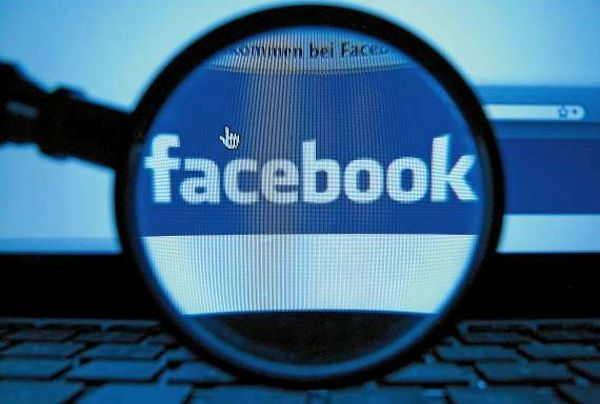Privacy Rights on Social Networking Sites Remain Unwritten


Privacy rights on social networking sites remain contentious for platforms and their users, and have become increasingly pertinent for employers to address. Starting January 1, it will be illegal for an employer to request access to an employee or job applicant's social media user names and passwords in the state of California. Signed earlier this year, Assembly Bill 1844 reads:
"This bill would prohibit an employer from requiring or requesting an employee or applicant for employment to disclose a username or password for the purpose of accessing personal social media, to access personal social media in the presence of the employer, or to divulge any personal social media."
In creating Labor Code Section 980, A.B. 1844 effectively protects employees, both current and potential, from discharge or discipline in the event that he or she refuses to disclose information requested in violation of this law.
Following Maryland and Illinois, California will become the third state to pass a "password protection" law in the workplace. The California law, however, uses language to facilitate the investigation of suspected misconduct by allowing employers to request certain information from social media accounts. The legislation passed in Maryland and Illinois is less forgiving, providing little room for an un-thwarted investigation of an employee.
In the fast-paced world of digital media, this law comes at a time when the intersection of social media and law has yet to be defined.
Pleas to access social media login information are based upon the argument that this information would aid employers in the protection of proprietary information or trade secrets. Reversely, the argument can be made that inquiry into this information and access to personal social media accounts violates our fundamental right to privacy.
And while the right to privacy is not definitively enumerated in the Constitution, the Supreme Court has reaffirmed our right to privacy in numerous precedents. Applying that to social media on the federal level, however, would require specific legislation. Earlier this year, two pieces of legislation were aimed at just that: the Social Networking Online Protection Act (SNOPA) and the Password Protection Act of 2012 (PPA).
Identifying the need to protect our digital footprint, Rep. Eliot Engel of New York introduced SNOPA in April, aimed at protecting both employers and students.
"We have to draw a line between what is publicly available information, and what is personal, private content. I think we would all object to having to turn over usernames and passwords for email accounts, or even worse, to bank accounts. User-generated social media content should be no different."
One month later, Senator Richard Blumenthal (D-CT), Representative Martin Heinrich (D-NM), and cosponsors filed the Password Protection Act of 2012 (PPA). Created for the sole protection of employers in the workplace, PPA would amend federal criminal code to fine employers who compel employees to disclose personal passwords or threatens employees to take such action.
Speaking out against the practice of demanding social login information, Senate President Stephen Sweeney defends our right to privacy, arguing, “People deserve to have privacy in their lives, no matter what they might do or where they work for a living.”
Expressing a similar sentiment, Sen. Kevin O’Toole argues that potential employees should have a right to use their personal social media accounts however they please, without the fear of potential employers tracking them down. “They should not be disqualified, threatened or in fear for denying an interviewer access to their photo albums, political affiliations, religious practices, sexual preferences and communications with family and friends,” he says.
Despite these efforts, many states still lack the proper protections to privacy while current federal law remains unwritten, leaving room for legislation in 2013 to define these rights to privacy on social media.



